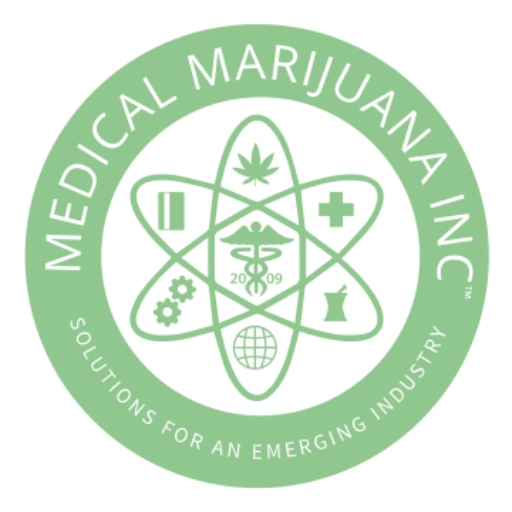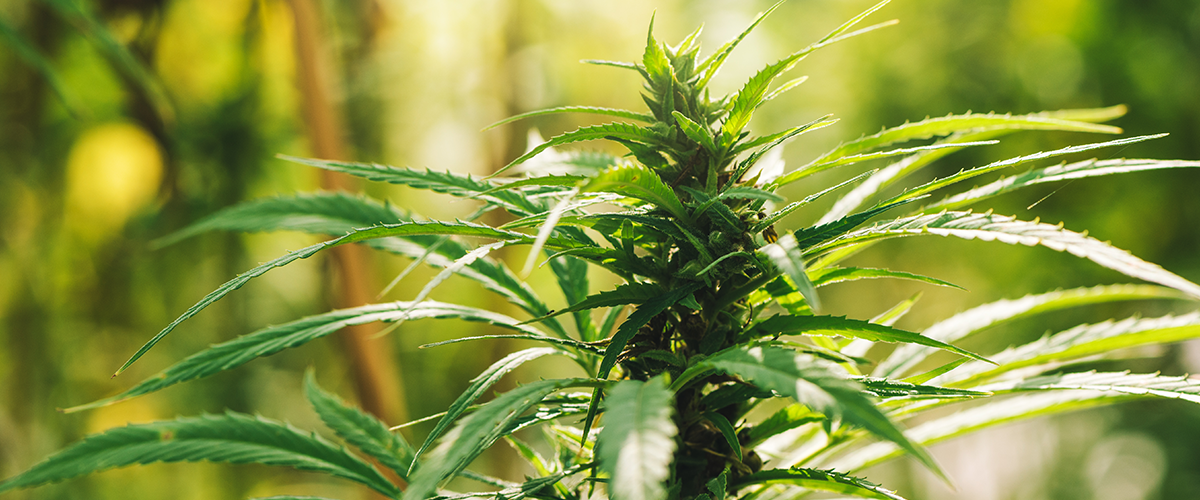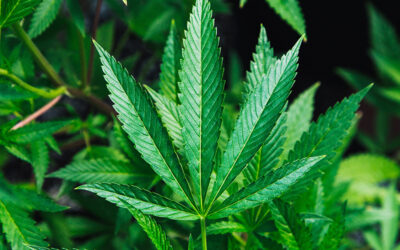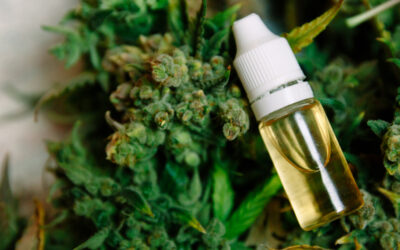Of the many cannabinoids found in cannabis, THC and CBD are the two cannabinoids that are the most abundant and well-known. Both THC and CBD interact with your body’s endocannabinoid system (ECS), but that interaction elicits very different natural effects. The differences between CBD vs. THC do not end there, as the two cannabinoids are also regulated very differently and have different legal regulations surrounding them.
Even with these noted differences, many consumers new to cannabis products still do not quite understand the differences between CBD vs.THC. Below we look at differences and similarities between the two cannabinoids.
What are Cannabinoids?
Cannabinoid is the name given to all of the chemical compounds found in cannabis, the plant genus that includes both hemp and marijuana. While there are over 100 different cannabinoids identified in cannabis by scientists so far, cannabidiol (CBD) and tetrahydrocannabinol (THC) are the two most prominent cannabinoids found in cannabis and are by far the most extensively studied and best understood.
What is CBD?
CBD is a compound typically found in hemp plants, and it is most commonly used to produce CBD hemp oil products. CBD is non-intoxicating and produces no euphoric or psychoactive properties. When derived from hemp, CBD is legal under U.S. federal law.
What is THC?
THC is a compound found most prominently in marijuana plants and is responsible for the euphoric effects that people experience when they ingest or smoke marijuana. The legal status of THC products differ from state to state, but THC and marijuana are still illegal federally controlled substances.

What is the Endocannabinoid System?
THC and CBD, like all cannabinoids, interact with the body through the endocannabinoid system (ECS). The ECS is a signaling system in the body responsible for regulating a wide array of functions. Although we lack a comprehensive knowledge of every aspect of the endocannabinoid system, it is generally understood to regulate balance in the body’s communication between cells, impacting many bodily functions in the process.
The body naturally synthesizes its own cannabinoids, called endocannabinoids. Endocannabinoids act as neurotransmitters, interacting with cannabinoid receptors located throughout the body. They are created in response to needs within the larger physiological system and are largely understood to be used for the body’s regulatory functions.
THC and CBD both feature a chemical makeup that is very similar to the endocannabinoids produced by the body. Therefore, if the body does not naturally generate enough endocannabinoid, plant-derived cannabinoids like CBD or THC could provide extra stimulation to help maintain balance in the endocannabinoid system.
Interaction of THC vs. CBD with Cannabinoid Receptors
Despite their similarities, tetrahydrocannabinol and cannabidiol have distinct differences in the way that they affect the endocannabinoid system.
CBD and THC both interact with the body’s endocannabinoid system and its specialized cannabinoid receptors, known as CB1 and CB2. It is through these interactions that CBD and THC augment the endocannabinoid system and encourage balance. However, the ways in which THC and CBD interact with these cannabinoid receptors can vary.
How Does THC Bind With Cannabinoid Receptors?
THC directly binds with both CB1 and CB2 receptors. Despite THC binding with both CB1 and CB2, the chemical compound tends to have a higher affinity for CB1 receptors.
How Does CBD Bind With Cannabinoid Receptors?
CBD has little affinity for the two cannabinoid receptors. Instead, it acts as an indirect antagonist of cannabinoid agonists. This means that CBD may suppress the CB1 and CB2 activating qualities of other cannabinoids. CBD has also been found to interact with other non-cannabinoid receptors, including 5-HT1A receptors and the vanilloid receptor TRPV-1.
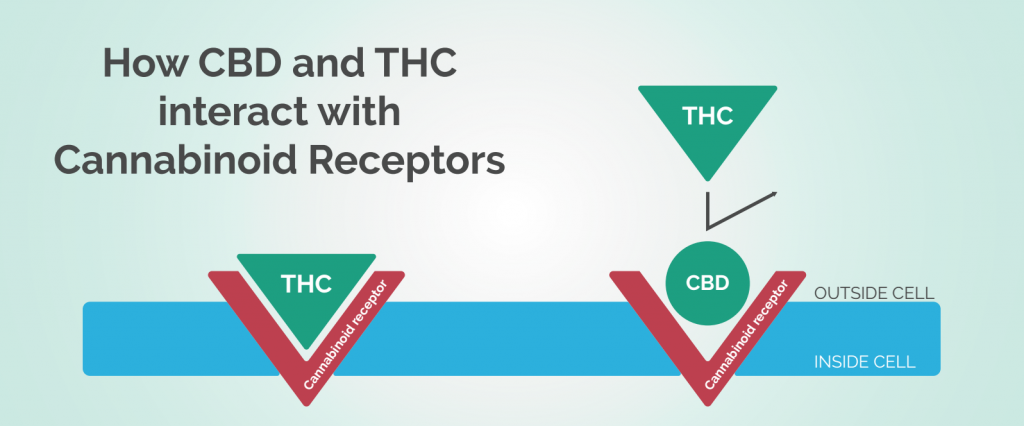
Psychoactive Differences in CBD vs THC
One of the key differences between CBD vs. THC is whether the cannabis product will cause a euphoric or psychoactive effect when consumed. Below we compare the effects of CBD vs. THC, looking at the differences between the two cannabinoids.
What Are the Effects of Using THC?
THC is the cannabinoid people think of when they think of the intoxicating effects of marijuana. It is a direct agonist of the endocannabinoid system’s cannabinoid 1 receptors (CB1), found primarily in the brain and the central nervous system. The intoxicating effect that most associate with recreational or medical marijuana use is exclusively brought about by activating CB1 receptors with THC. Activating CB1 receptors with THC results in the user feeling intoxicated by euphoric and psychoactive effects.
What Are the Effects of Using CBD?
CBD doesn’t bind with CB1 receptors and is actually considered an antagonist of CB1 agonists. This means that CBD can never cause any intoxicating effects, no matter how much is consumed. CBD also acts to suppress the CB1-activating qualities of compounds like THC, meaning that by using CBD and THC in conjunction, the psychoactive properties of THC may be lessened.
Where to Find CBD vs. THC
THC and CBD can both be found throughout the seeds, stalks, and flowers of both hemp and marijuana. However, even though both exist in cannabis plants, the distribution of the two chemical compounds can vary wildly depending on the plant. In general, THC is most plentiful in marijuana, while CBD is present in higher quantities in hemp. Therefore, hemp is typically the source of the CBD in CBD oil products, unless noted otherwise.
THC Dominates Marijuana
In marijuana, THC dominates the plant’s chemical makeup, and that dominance has been increased through genetic manipulation over time. Marijuana is generally cultivated specifically to maximize its THC potency, with growers manipulating and cloning plants with a particular emphasis on increasing its THC concentration and producing more powerful intoxicating effects. While THC content can be as low as 3 percent in some marijuana plants, the average marijuana strain contains approximately 12 percent THC.
However, that average is not really indicative of what serious marijuana consumers are looking for. At the average marijuana dispensary, there are many available strains of marijuana that are somewhere between 20-25 percent THC, with some as high as 30 percent THC or more.
CBD Dominates Hemp
While marijuana is dominated by THC, hemp’s chemical makeup is dominated by CBD. By definition, hemp’s THC content is no more than 0.3 percent, meaning that hemp features nearly 10 times less THC than the least potent strain of marijuana. Instead, hemp naturally has more CBD compared to THC, making it an ideal source of CBD from cannabis. All CBD products sold by Medical Marijuana, Inc. are derived from hemp plants, using a cutting-edge extraction process that minimizes the impact on the environment. All CBD and CBD oil we use is pure, potent, and safe for consumption.
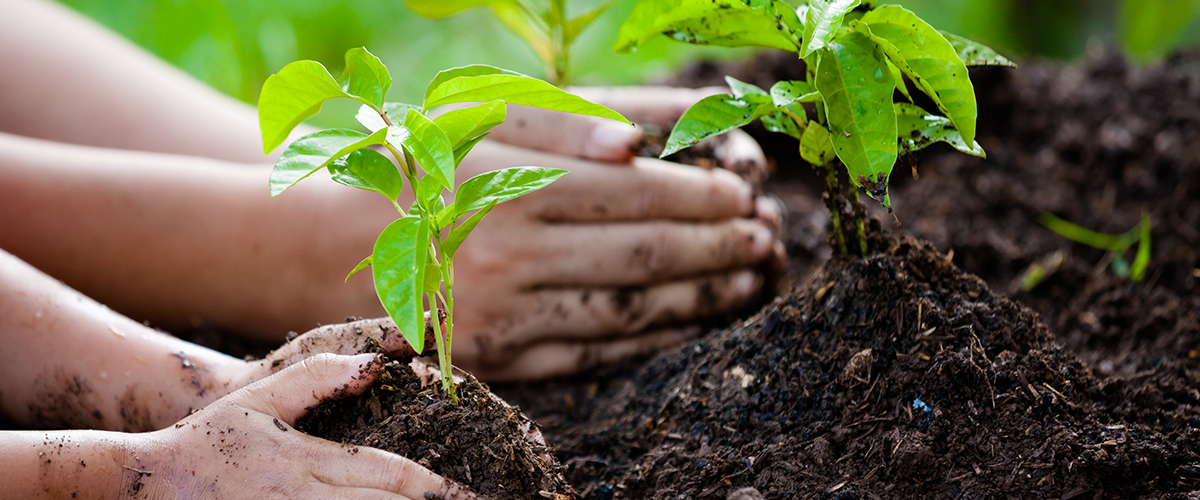
Want to learn about high THC and high CBD cannabis strains?
Molecular Differences in CBD vs THC
The way they make you feel isn’t the only difference between CBD vs. THC. The cannabinoids also have differences at the molecular level. CBD and THC are considered structural isomers, which means they share the same chemical composition but they have different atomic arrangements. The two compounds share a molecular formula of C21H30O2 and molecular weights of 314.5 g/mol.
The atomic arrangements of the two cannabinoids differ only slightly. Both CBD and THC are considered cyclic compounds, which means one or more series of atoms in the compounds are connected to form a ring. CBD comes with an open ring with a hydroxyl and alkene group, while THC supports a closed ring with an ester group.
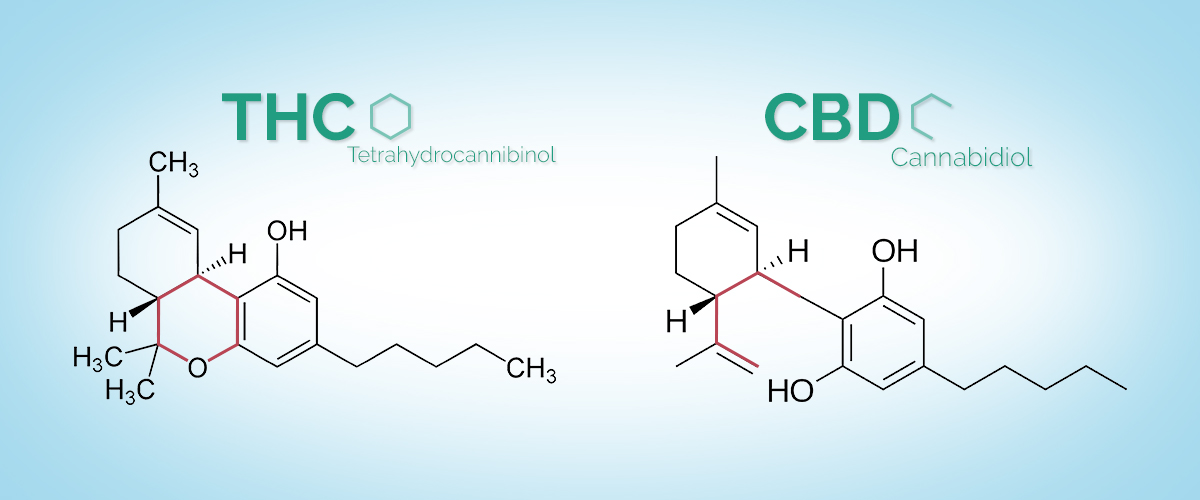
It’s these slight differences in how the atoms of THC and CBD are arranged that have a dramatic effect on how the two cannabinoids interact with the endocannabinoid system’s receptors.
Differences in the Legal Status of CBD vs. THC
The legality of cannabinoid products in the United States is dependent on their THC concentration and whether the product came from marijuana or hemp. With that in mind, below we will explain how THC and CBD differ in legality in the United States.
The Legal Status of THC and Marijuana in the U.S.
Marijuana and THC are both specifically listed in the U.S. Controlled Substances Act and use and ownership are prohibited under federal law. While THC and marijuana are illegal on the federal level, there are many states that have passed resolutions making use legal on a state level.
Forty-seven U.S. states and Washington D.C. have passed their own cannabis policies permitting the use of medical marijuana with high levels of THC, provided it’s recommended by a licensed physician. Eleven of those states and Washington D.C. have gone a step further and legalized the recreational use of marijuana and THC.
The Legal Status of CBD and Hemp in the U.S.
CBD is legally available in the United States, but it must be derived from high-CBD, low-THC hemp. CBD itself is not listed under the Controlled Substances Act, so it’s legal at the federal level as long as it is not extracted from marijuana.
If derived from marijuana, CBD is illegal unless obtained through a state-regulated medical marijuana program or in a state that permits recreational marijuana use. CBD products derived from hemp are completely legal to buy and sell in the U.S.
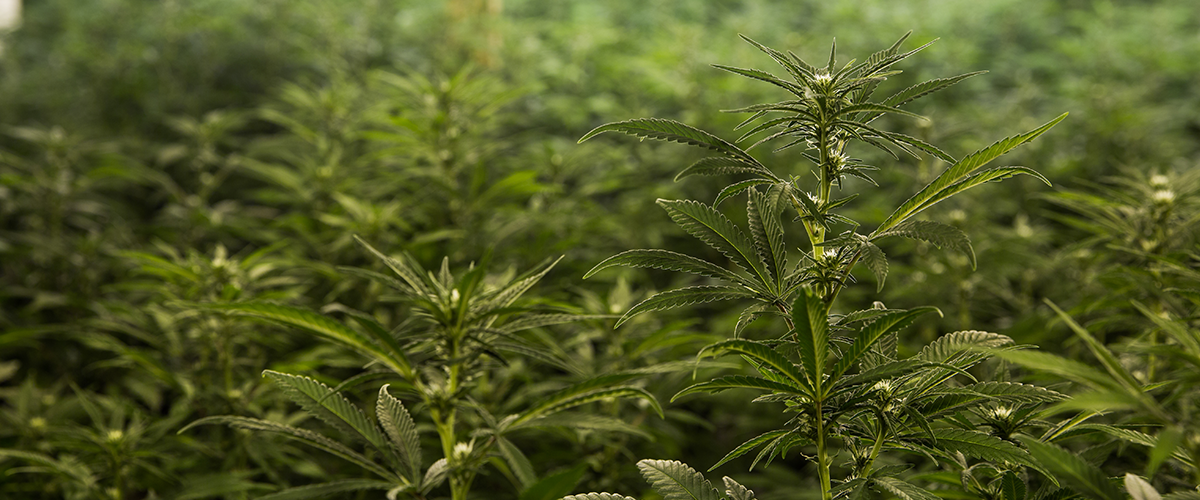
Differences in the Effects of CBD vs. THC
What’s the difference between CBD vs. THC effects? Since CBD and THC interact with the body in different ways, each individual may have a unique experience.
The Effects of Using CBD
CBD is a non-intoxicating cannabinoid, which means that using CBD does not elicit a euphoric effect or alter your perception in any major way.
While CBD should not have any intoxicating or psychoactive effects, it is important to note that CBD’s influence on the endocannabinoid system and other receptor systems within the body tends to affect people differently. Some people have reported that using CBD makes them feel “in the flow, or that they have a “sense of serenity.” Others have noted that after using CBD products they tend to feel “more awake” or “energized.” The main takeaway is that when manufactured using responsible and clean methods and consumed at suggested servings, CBD is well tolerated and does not have any intoxicating effects.
The Effects of Using THC
THC, on the other hand, has intoxicating properties that create a “euphoric” feeling almost immediately after use. While there is a risk of some negative effects from THC, there is no real danger of overconsumption. According to the National Cancer Institute, there have been no reported cases of a fatal overdose.
THC can produce a variety of physical and psychological effects. What makes THC different is that each person will likely have a unique experience. That makes it difficult to describe exactly what the effects of THC will feel like, but some common ones include:
- Euphoric feelings
- Heightened senses
- Distorted sense of time
- Impaired motor skills
- Lowered inhibitions
Learn More about CBD vs THC
If you are interested in learning more about the differences between CBD and THC, Medical Marijuana, Inc. is happy to provide you with all of the information you need. Start by learning more about CBD oil, and then take a look at our comprehensive cannabis guide on our Cannabis 101 page.
